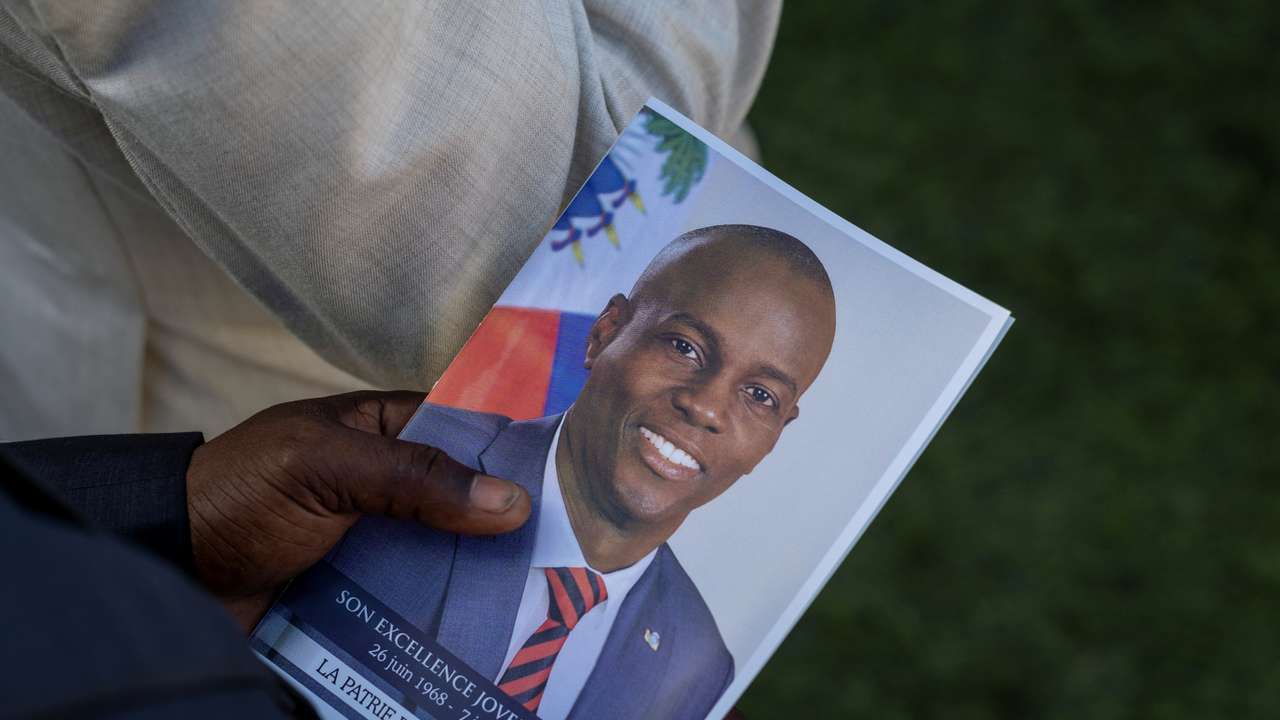Why Haiti is revisiting murder of its ex-president

Nearly four years after the assassination of former President Jovenel Moïse, Haiti is relaunching stalled investigations into the killing amid a deepening security crisis and a crumbling judiciary.
Moïse was shot 12 times at his residence in Port-au-Prince on July 7, 2021, a killing that stunned the world and exposed Haiti’s growing vulnerability to lawlessness and foreign meddling.
Investigations have been repeatedly derailed by gang violence, death threats to judges, and the resignation of court officials fearing for their lives. To date, not one of the 20 suspects imprisoned in Haiti has faced trial, despite charges being filed.
Several key suspects, including former National Palace security chief Dimitri Hérard, escaped in a mass prison break last year after gangs stormed Haiti’s main jails. Court proceedings now take place in private residences under armed guard, after the capital’s courthouse was seized by criminal groups controlling over 85% of Port-au-Prince, according to the UN Office on Drugs and Crime (UNODC).
The case implicates 51 suspects, including 17 former Colombian soldiers, three Haitian officials, and figures linked to a Miami-based security firm. Some detainees maintain they were contracted for infrastructure security and had no role in the murder.
Allegations of torture, forced confessions, and denial of legal rights have been raised by defence lawyers. One Colombian, Jheyner Alberto Carmona Flores, testified that he suffered “psychological and physical torture,” claiming he had no knowledge of Moïse’s whereabouts during the attack.
Despite chaos in Haiti, the United States has prosecuted 11 individuals connected to the plot, with five pleading guilty. Court documents from the U.S. Department of Justice allege that the original plan was to detain Moïse, but it shifted to assassination after logistical failures. The U.S. trial is set for March 2026.
The revived Haitian probe, now overseen by six judges including Claude Jean and Phemond Damicy, is seen as a critical step toward accountability, though many remain sceptical.
“The local investigation has exposed the systemic collapse of justice in Haiti,” said Bruner Ulysse, a Haitian lawyer and historian. “International efforts may help, but true justice still feels out of reach.”
The case has significant global implications, as it reveals the fragility of governance in Haiti, a nation already overwhelmed by criminal networks and political vacuums.
This story is written and edited by the Global South World team, you can contact us here.